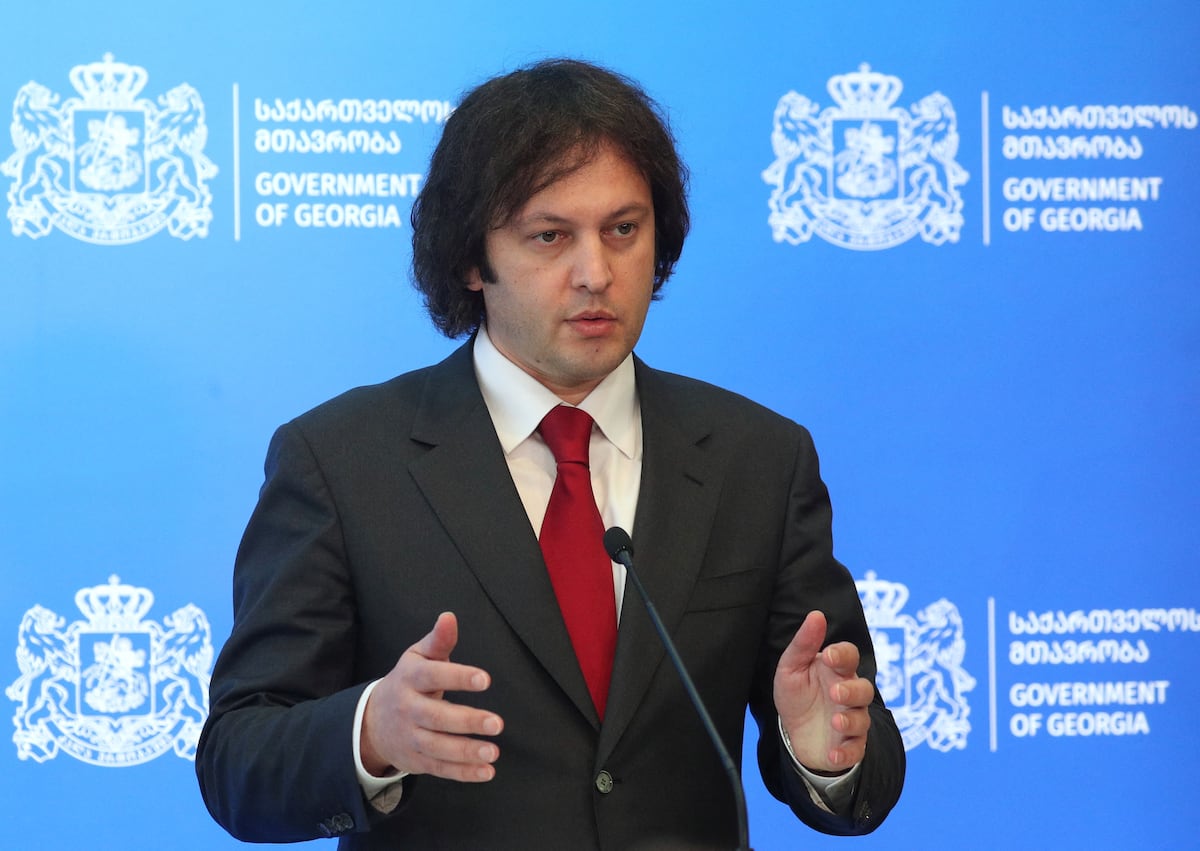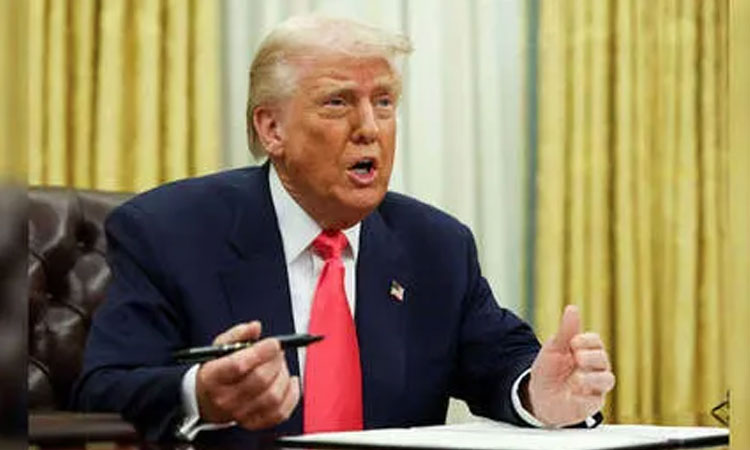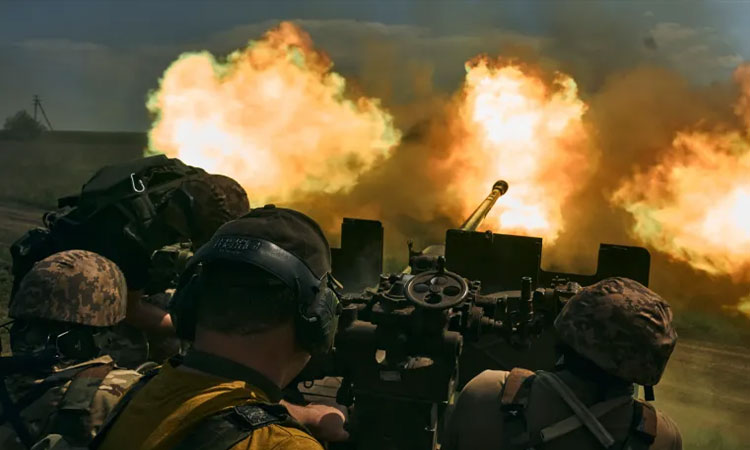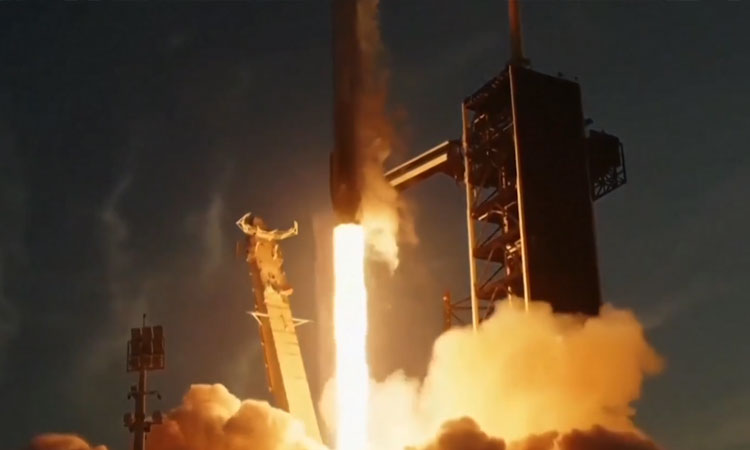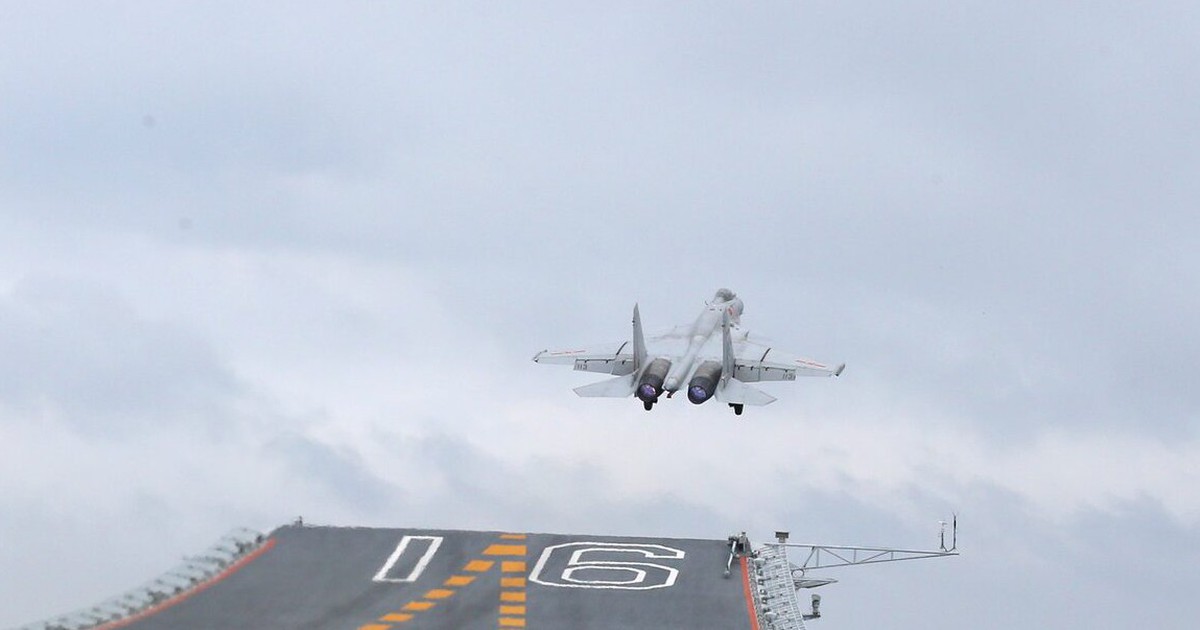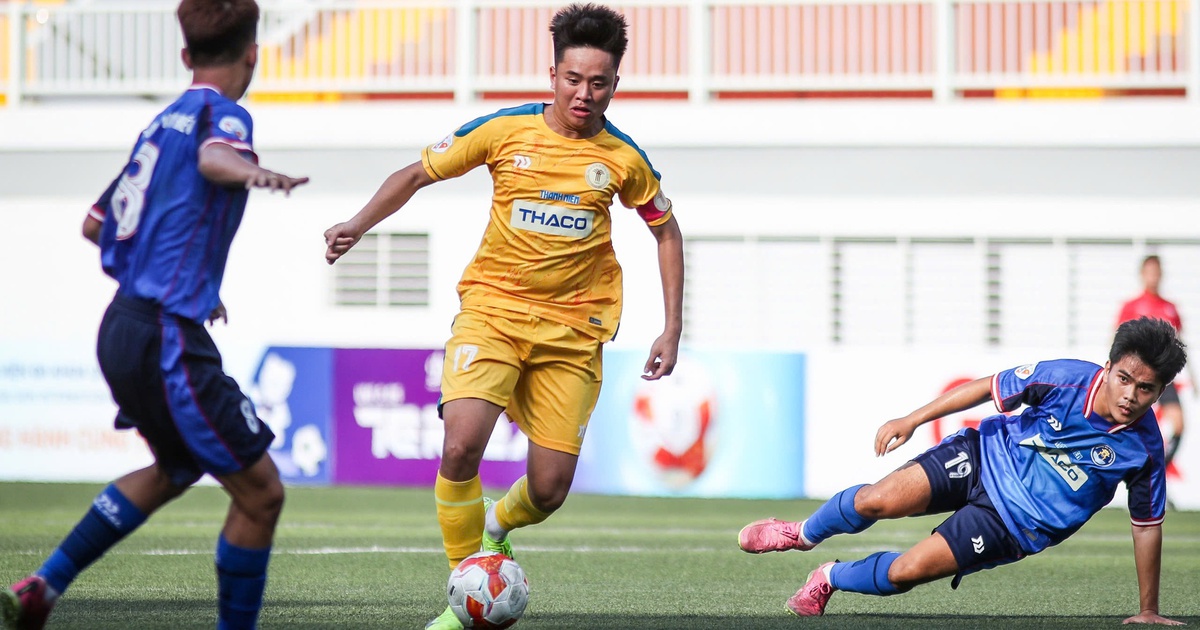The Georgian Prosecutor’s Office has launched an investigation into the alleged electoral fraud that – according to the opposition and the country’s president – would have been key in the victory of the populist Georgian Dream party (SG). According to the official results, SG revalidated its absolute majority after 12 years in power and even increased its vote to 54%, six points more than in the last elections and almost 10 more than the average polls gave it. The investigation has been opened at the request of the Central Electoral Commission (CEC), to resolve what it considers “intense attacks and unfounded criticism” and will focus on evaluating complaints about violations of the secret ballot, failures in counting and errors in calculations. of the results.
The first person called to testify is precisely the head of state, Salomé Zurabishvili, who has refused to recognize the results, calling them “theft” and a “Russian operation.” “According to the CEC statement and information published in the media, Zurabishvili could have evidence of alleged fraud in the 2024 parliamentary elections. For this reason, she has been summoned for interrogation on October 31,” the Prosecutor’s Office states in a statement. release. This call is a double-edged sword, since the president herself has made it clear that her lack of recognition of the results is not based on evidence at her disposal but on reports from local, international and opposition observers.
The opposition does not trust the investigation initiated by the Prosecutor’s Office. “Georgian Dream has co-opted the State and almost all of its institutions, including the Prosecutor’s Office. So it is ridiculous that a fraud allowed by the Electoral Commission is investigated by the Prosecutor’s Office. That is why we demand that international institutions get involved in the investigation,” criticizes Nino Dolidze, from the opposition Droa party, and explains that his party is sharing the evidence of fraud with “Western partners.” “If law enforcement were serious about protecting the integrity of the vote, they would have arrested at least one of the hundreds of thugs who beat people during the elections and intimidated them. We presented hundreds of protests and 98% received no response,” denounces Alexandre Crevaux, spokesperson for the opposition United National Movement: “That is why we ask for new elections under international supervision. Because the Government investigating itself is not going to change anything.”
The Georgia Young Lawyers Association, which monitored the elections, has filed a request to annul the results of 2,263 polling stations (out of 3,111) where an electronic vote management system was used, alleging that the secret ballot was violated. The association argues that many ballots showed the election marked when voters entered it into the machines and that Sueño Georgiano installed video cameras to record it. On Monday, the My Vote observer platform had also demanded the annulment of the results of 189 polling stations that bring together approximately 300,000 voters (10% of the total) because “systematic violations” had occurred in them, including intimidation, purchase of votes, voters who cast more than one ballot and people who voted on more than one occasion.
The CEC has already rejected two opposition requests citing the data protection law: one is that international experts carry out a forensic analysis of the machines used in voting and, the other, that a database be published where each citizen can check what time and where you voted, to certify if your identity document was used by another person. In the weeks before the vote, various organizations reported that members of the ruling party were collecting cards from the population, especially in rural areas, and from officials.
The pressures of the West
Just a few hours before the Prosecutor’s announcement, the President of the United States, Joe Biden, had criticized that the Caucasian country’s elections were overshadowed by irregularities and demanded that the Executive – which receives significant US funding but whose members face sanctions for the antidemocratic measures adopted in recent years—to “investigate them in a transparent manner.” In a message this Wednesday, the Georgian Prime Minister, Irakli Kobakhidze, who has promised to “resume” contacts with the EU and the US after months of disagreements, congratulated the CEC and the Prosecutor’s Office for opening the investigation and stated that his Government is committed to “takes seriously the calls from Western politicians” who have asked them to review the irregularities. Instead, the Secretary General of SG, Kakha Kaladze, charged against the American president: “It cannot be Biden who evaluates the elections or whether the Government is legitimate or not.”
In the midst of the clash of legitimacy – between a government accused of electoral fraud and an opposition and president who do not recognize it – the United States and the EU are maintaining contacts to coordinate their response to the situation in Georgia. For the moment, the results have been recognized by Russia, Armenia, Azerbaijan, Venezuela, Turkey and, implicitly, by China. From the EU, only for Hungary, whose prime minister, the pro-Russian and ultra-conservative Viktor Orbán, visited Tbilisi this week. On the other hand, the Government of Sweden has announced that it is temporarily cutting off all relations with the Government of Georgia, although it will continue to finance civil society organizations (Canada is also considering a similar measure) and some European governments are pushing not to recognize the results.
“Apart from Orbán, the rest of the EU is quite in agreement on what to do,” says a diplomatic source consulted by this newspaper. The problem is assessing the extent of the fraud – some analyzes maintain that, even discounting it, SG could have won – while punishing electoral manipulation, since the holding of clean and democratic elections is an indispensable condition of the accession process . Georgia received candidate status in December but was frozen in the summer after the passage of the so-called “Russian Law” on foreign agents. The question is how to do it and prevent the country — whose population is largely pro-European — from slipping further under Moscow’s influence. Part of the aid destined for Defense has already been frozen, but the rest could be frozen, explains the source: “The problem is that with the Georgian economy growing at more than 10% annually, the Government does not need money.”
The opposition demands that the West take a firm stance against the Government, so that its strategy, which involves not legitimizing the new Parliament and demanding new elections under international supervision, gives results. “If we remain united, with protests and constant communication with the West, and are persistent, his regime will begin to crack. SG cannot maintain internal and external pressure in a black and white scenario, where they can survive is in the gray areas,” says an opposition source.

